Lord Cornwallis, Richard Colley Wellesley, Subsidiary Alliance
Lord Cornwallis (1786 – 1793)
- Extraordinary Legal Powers to overrule the decision of Council of Ministers (Amendment in Pitts act)
- Founded Permanent Settlement of Bengal (Zamindari System) [Zamindari > Mahalwari > Ryotwari > In Effectivity, but reverse order area wise]
- Also known as Decennial settlement as farms were given to Zamindars for 10 years
- Revenue was fixed & non raisable (10/11 part to company & 1/11 to Zamindar)
- Mainly in Bengal, Bihar & Banaras
- Laid foundation of Indian administrative services by making appointments on the basis of merit in civil services
- Purified Civil Services but only for Europeans > Europeanisation of the services
- All high Indian officials were dismissed and all posts worth more than £500 a year were reserved for Europeans
- Established regular polish force & established thanas in district under Darogas with head of thanas as SP
- Relieved the polish work of Zamindars
- Laid Separation of powers b/w Commercial, Judicial & Revenue officials.
- Laid 4 provincial courts at Calcutta, Dhaka, Patna & Mursiddabad along with District courts
- Cornwallis created a Europeanised state within the framework of the Indian tradition
- 1791 – The Sanskrit College, established by Jonathan Duncan at Benaras for study of Hindu law and philosophy
Third Anglo-Mysore War
- Lord Cornwallis vs Tipu Sultan
- Marathas and Nizam aided the Britishers
- Tipu Sultan was defeated & Treaty of Rangpatnam was signed
- Half of the territories of Tipu were snatched away from Tipu and divided into Marathas, British and Nizam
- The Raja of Coorg got independences from Tipu
- Tipu gave 50% of his territory, 3 crore rupees and 2 sons to Lord Cornwallis as hostages
- To ensure 3 crores were paid in regular installments
Sir John Shore (1793-1798)
- Was the principal revenue adviser during the regime of the first Governor General of India, Warren Hastings (1772-1785).
- Most of the reforms in the revenue administration in 1786 and 1790 were introduced by Shore.
- The Court of Directors was so impressed by Shore’s reasoning and knowledge and his genuine concern for the interests of the company and the people, that he was appointed the Governor General of India in 1793
- Followed Nonintervention policy with other States / Territories
- This resulted in the Nizam employing French officers to train his army thus decreasing the English influence.
- The Marathas and Tipu Sultan also sought the help of the French thus undermining the British
Richard Colley Wellesley– 1798 – 1805
- Called himself “Bengal Tiger” and reversed the Non-intervention policy of John Shore
- Opened Fort William College at Calcutta to train the Company’s servants in Indian languages & customs; but it was closed in 1802
- Formulated the Subsidiary alliance to remove French & establish British Power
Subsidiary Alliance
- Indian states were called the protected states & British, the paramount power.
- Britishers were to save Indian states from external aggression in return of money/ Part of territory to support subsidiary troops.
- An alliance of British has to maintain a contingent of British troops in his territory commanded by British officers.
- States had to cut off its connections from other European powers French.
- They were also forbidden to make new political connections even with Indian states without British Permission.
- States were also to disband their army and Keep a British resident at their court.
- States were also forbid to employ any other Europeans in their court / service without British permission.
- British to not to interfere in internal affairs of protected states.
- First alliance was made with Nizam of Hyderabad
Forth Anglo Mysore war with Tipu Sultan
- In 4th Anglo-Mysore war Tipu was killed & British and Nizams divided his empire making a 5-year-old boy “Krishanraja 3” as King
- Thus, with the end of Fourth Mysore war, Mysore became a princely state with suzerainty of the East India Company.
Noteworthy Points regarding Tipu Sultan
- Tipu sultan partnered with Turkey, French, Arabia & Kabul and setup his embassies there
- At Srirangpatnam, a Jacobian club was started with plantation of tree of liberty by Tipu
- Tipu got a friendship letter from Napolean bonaprte (From Egypt at that time)
- Words of Tipu – “Better to live like a lion for a day than a lifetime as a sheep”
- Used the iron cased rockets in the Third and Fourth Mysore war.
- Tipu Sultan wrote Fathul Mujhahidin
Second Anglo Maratha War
- The main cause of the second Maratha war due to the defeat of the peshwa Baji Rao II by the Holkars, one of the prominent Maratha clans
- As a result of which he accepted British protection by signing the Treaty of Bassein in December 1802
- The other Maratha rulers such as the Gwalior’s Scindia rulers and the Bhonsle rulers of Nagpur and Berar did not accept this and they wanted to fight against the British.
- As a result, the second Anglo-Maratha war broke out in Central India in 1803
Result
- Richard Colley Wellesley undertook Maratha Empire by Treaty of Bassein & Treaty of Deogaon
- He truly made East India company from a trading company to an imperial power in India
- He converted British Empire in India > British Empire of India.
Sir George Barlow (1805 – 1807)
- Famous for Mutiny of Vellore in 1806 in which the Indian soldiers killed many English officials.
Lord Minto 1 (1807 -1813)
- Treaty with Shah of Persia
- Treaty of Amritsar with Raja Ranjit Singh
- Charter act (1813) was passed during his period
Charter Act (1793 – 1853)
- Regulating act of 1793 made compulsory to renew charter act every 20 years (Passed by government in 1793)
- Charter act (1813)
- Provided 1 Lakh annually for promoting knowledge of modern sciences in the country. However, even this petty amount was not made available till 1823, mainly because of the controversy raged on the question of the direction that this expenditure should take
- Christian missionaries allowed to come to India and preach Christianity & modern education > Friction > Led to social reforms in India
- Commercial monopoly ended in India except for tea & trade with China > Other British companies can trade in India)
For more updates, explore the Ancient India History. Feel free to share your thoughts and comments.
If you’re passionate about building a successful blogging website, check out this helpful guide at Coding Tag – How to Start a Successful Blog. It offers practical steps and expert tips to kickstart your blogging journey!
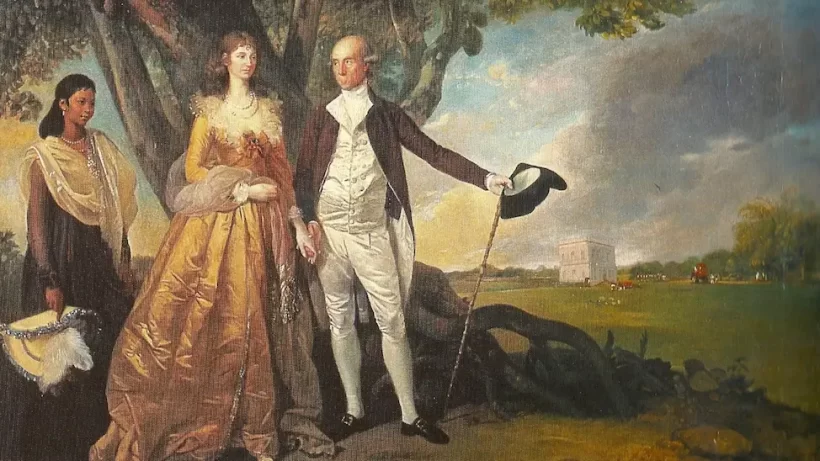


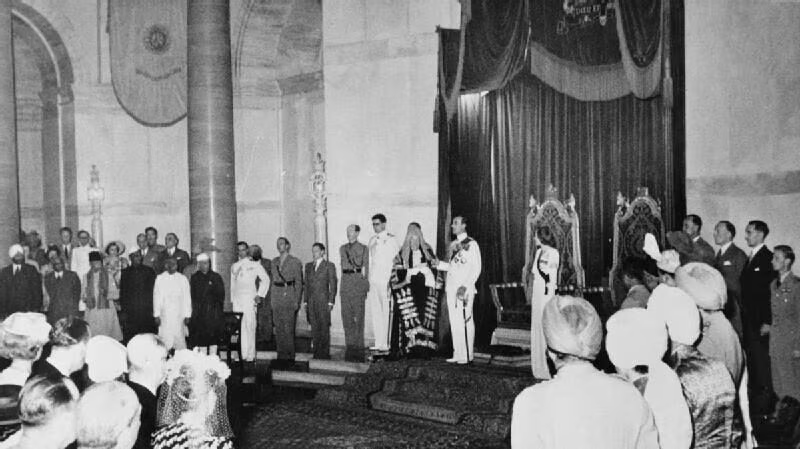
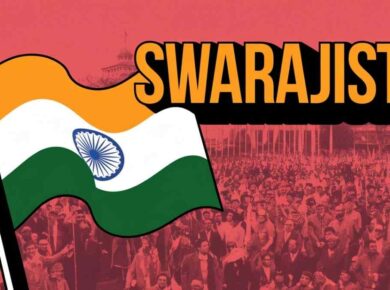
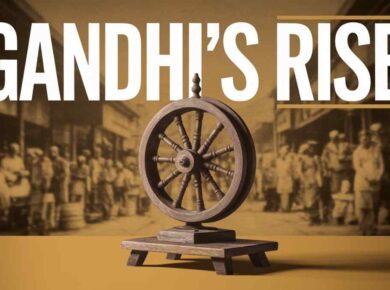
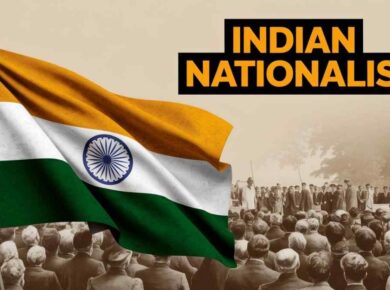
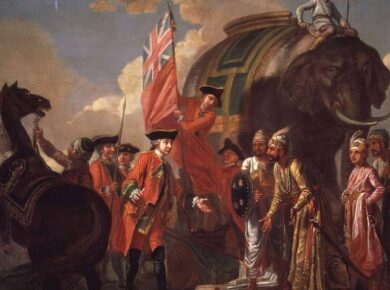
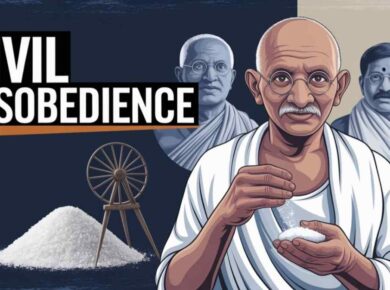
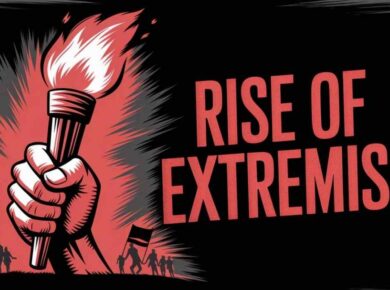
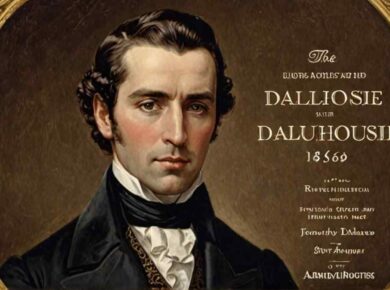
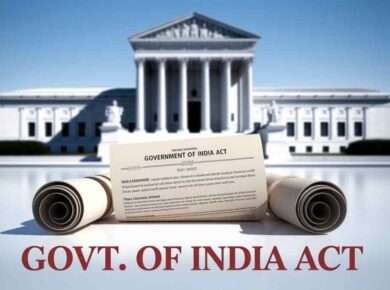
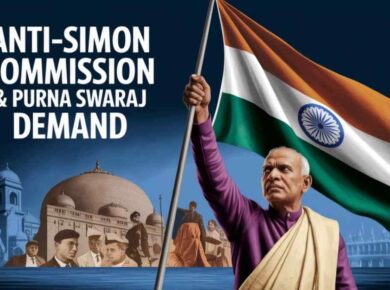
2 comments
thankyou very much to share the knowledge.
The best-concised material I came across so far!! Thank you for all your efforts to make us successful 🙂